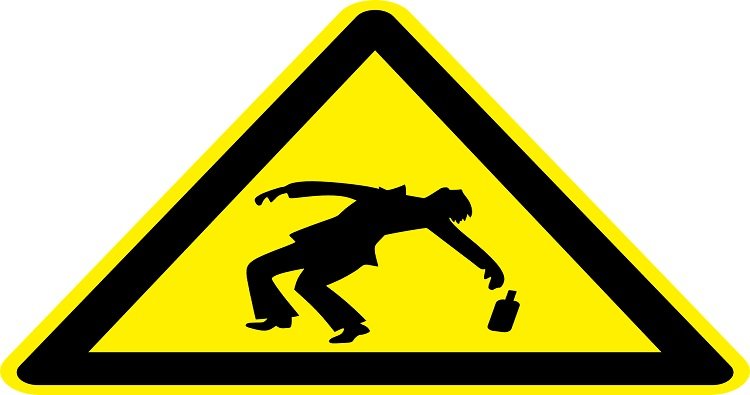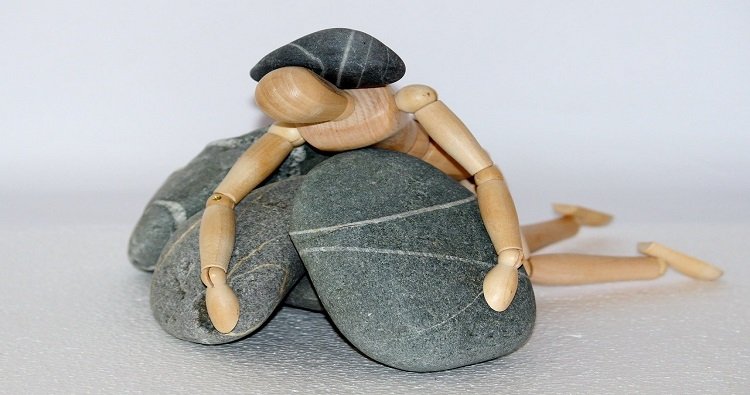- + 91 9958444373
- Malviya Road Dehradun, UK, India.
Blogs detail

UNDERSTANDING MINDFULNESS MEDITATION
- 2020-06-03
Meditation is an exercise that makes an individual’s mind stronger. This is like a physical exercise that helps individual to stay healthy and strong. Many thoughts intrude our mind in daily life hassles. This practice makes our mind capable, to not interpret the thoughts that you actually do not want to interpret or manipulate. At the beginning of this practice, it seems very hard to not interpret the intruding or coming up of thoughts but after long term practice, our mind becomes strong that leads us to have better attention, higher concentration or many other health benefits. Moreover, generally, meditation is the practice of attention.
There are two types of meditation which are as the following:
1.) Concentrative meditation,
2.) Mindful meditation.
In concentrative meditation, the individual focuses on a single image, sound, mantra( word phara), or on own breathing but in mindful meditation does not focuses on a single entity, the individual remains aware of all thought, feelings, sounds, or images that pass through individual’s mind. According to Jon Kabat Zinn, who enjoys significant global renowned for his work on mindfulness-based stress reduction (MBSR): “The awareness that arises from paying attention, on purpose, in the present moment and non-judgmentally” (Kabat-Zinn, in Purser, 2015). Mindfulness meditation has roots within Theravada Buddhism, where it is known as satipatana vipassana or insight meditation (Nyanaponika, 1962), in Mahayana Buddhism in Soto Zen practices (Suzuki, 1970), and in the Yogic traditions as expressed in the contemporary writings of J. Krishnamurti (1979), Vimila Thakar (1977), and Nisargadatta Maharaj (1973).
Mindfulness meditation is a technique aimed at developing present moment awareness and non‐reactivity to all types of experience. There are a variety of different forms of mindfulness teachings (Vipassana, Zen, MBSR, etc.), however, all techniques share the common goal of cultivating present‐moment, non‐judgmental awareness and non‐ reactivity.
This is accomplished by learning to concentrate one’s attention in the present‐ moment using some type of object (usually by focusing on the natural breath), and then to switch one’s attention to thoughts and body sensations and learn to not react. Overall, mindfulness techniques increase awareness and decrease reactivity (Jagannathan, 2013).
Attitudinal factors which constitute the major pillars of this program are as follows:
non-judging, patience, a beginner’s mind, trust, non-striving acceptance, seeing things as if they are in the present and letting go. They are all interconnected.
Non-judging: being an impartial witness of our experience. We need to be aware that there is a constant stream of judging and reacting to inner and outer experience. The habit of judging and categorizing locks us into mechanical reactions built on a hard crust. Thus, becoming aware of automatic judgments is important.
Patience: is a form of wisdom- accept the position that things will unfold in their own time, open to each movement, accepting it in its fullness.
Beginner’s mind: a mind that is willing to see each step in meditation as if one is doing it for the first time! Trust: in one’s own institutions.
Non- striving acceptance: we do not meditate to get something. Seeing things as if they are in the present. Let go.
What exactly is mindfulness?
Mindfulness is when you are truly there, mind and body together. It refers to disciplining our minds by focusing on a certain object of thought while letting go of all other thoughts and emotions to observe whatever arises in consciousness.
How to practice mindfulness meditation?
"Practice, to not to interpret the thoughts that you actually do not want to interpret or manipulate. “Breathing in, I know that I am breathing in.”
Find your true happiness, it lies in your mind.
Let’s cultivate positive states of mind, overcome your negative habits of mind.
“Practice mindfulness, practice true happiness”
Contact now
We are a group of health professionals, including Psychologists, Clinical psychologist, Rehabilitation Psychologist, Counsellors, Mindfulness Experts and Social Workers. We are working since 2018 in India to foster mental health.
Contact Us
recent blogs
-

SADNESS AND DEPRESSION ARE DIFFERENT!
2020-06-16 -

ALCOHOL USE DISORDER (AUD)
2020-06-19 -

SEASONAL AFFECTIVE DISORDER (SAD)
2020-06-12 -

UNDERSTANDING MINDFULNESS MEDITATION
2020-06-03 -

BURDEN OF DEPRESSION
2020-06-17







